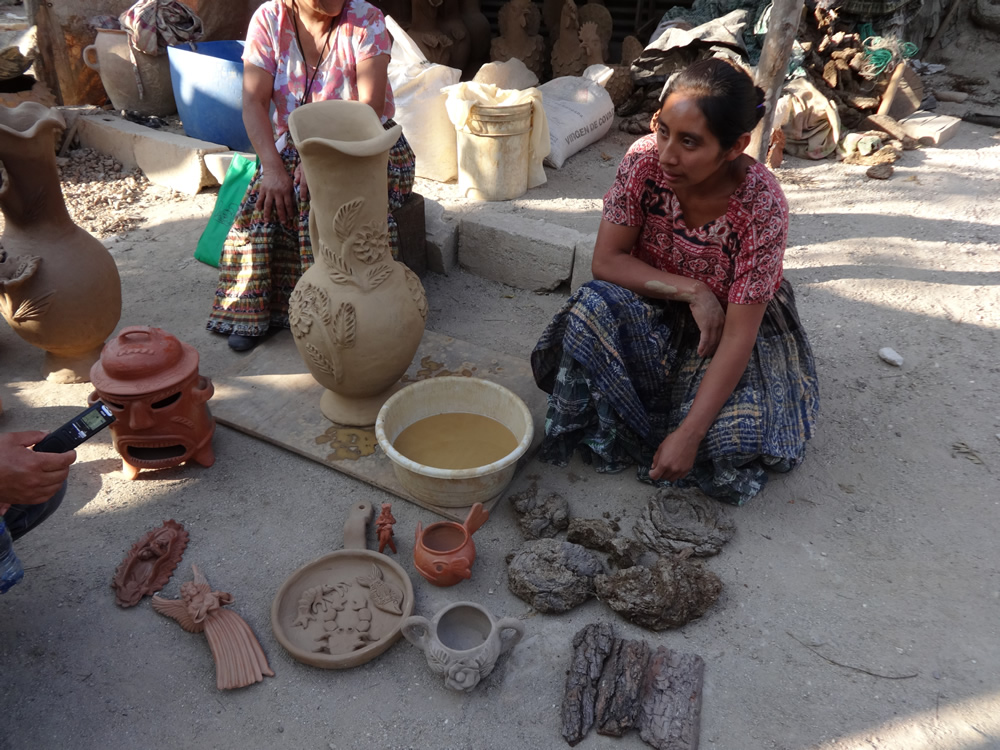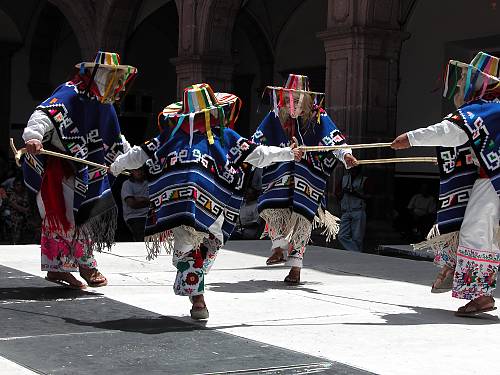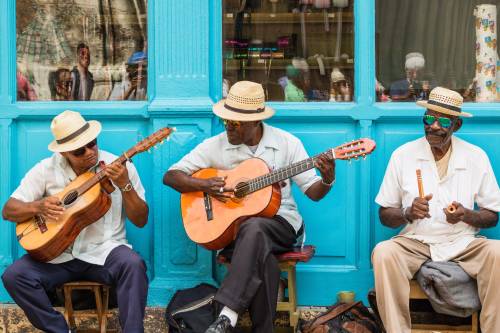Guatemala and the Dominican Republic benefitted in March from intensive training in drawing up inventories of intangible cultural heritage with the participation of the communities that practise and experience it. The Guatemala training focussed on the traditional knowledge of ceramic crafts practised by indigenous Maya-Pocomam women in the town of Chinautla, 10 km from Guatemala City, and the Dominican Republic activities highlighted the improvised couplet songs of the Chuineros, the rural villagers of Baní, in the southern province of Peravia. About thirty trainees in each country – technical staff from relevant institutions and non-governmental organizations as well as community members – gained practical skills in the definition and identification of intangible cultural heritage.
Trainees were faced with field experiences in which they had the opportunity to put into practice the essential knowledge and skills acquired in the workshops that launched these trainings and to soak up the spirit of the Convention for the Safeguarding of the Intangible Cultural Heritage that advocates a central role for communities in any safeguarding action.
Guatemala and the Dominican Republic join El Salvador and Cuba that already received similar trainings in the context of regional capacity-building projects in the Caribbean and Central America. The Guatemala project received the valuable support of the Department of Intangible Cultural Heritage of the Ministry of Culture and Sports of Guatemala and was made possible by a generous contribution of Spain to the Intangible Cultural Heritage Fund. The Vice-Ministry of Cultural Heritage of the Dominican Republic organized the activities in that country, made possible thanks to a generous contribution of Norway to the Fund.
Event:
-
Workshop on community-based inventorying in Dominican Republic (31 March 2014 – 6 March 2014)
-
Community-based inventorying to safeguard the intangible cultural heritage in western Guatemala (25 February 2014 – 4 March 2014)
Project:
-
Strengthening national capacities for effective safeguarding of intangible cultural heritage in Central America (1 August 2012 – 1 March 2014)




